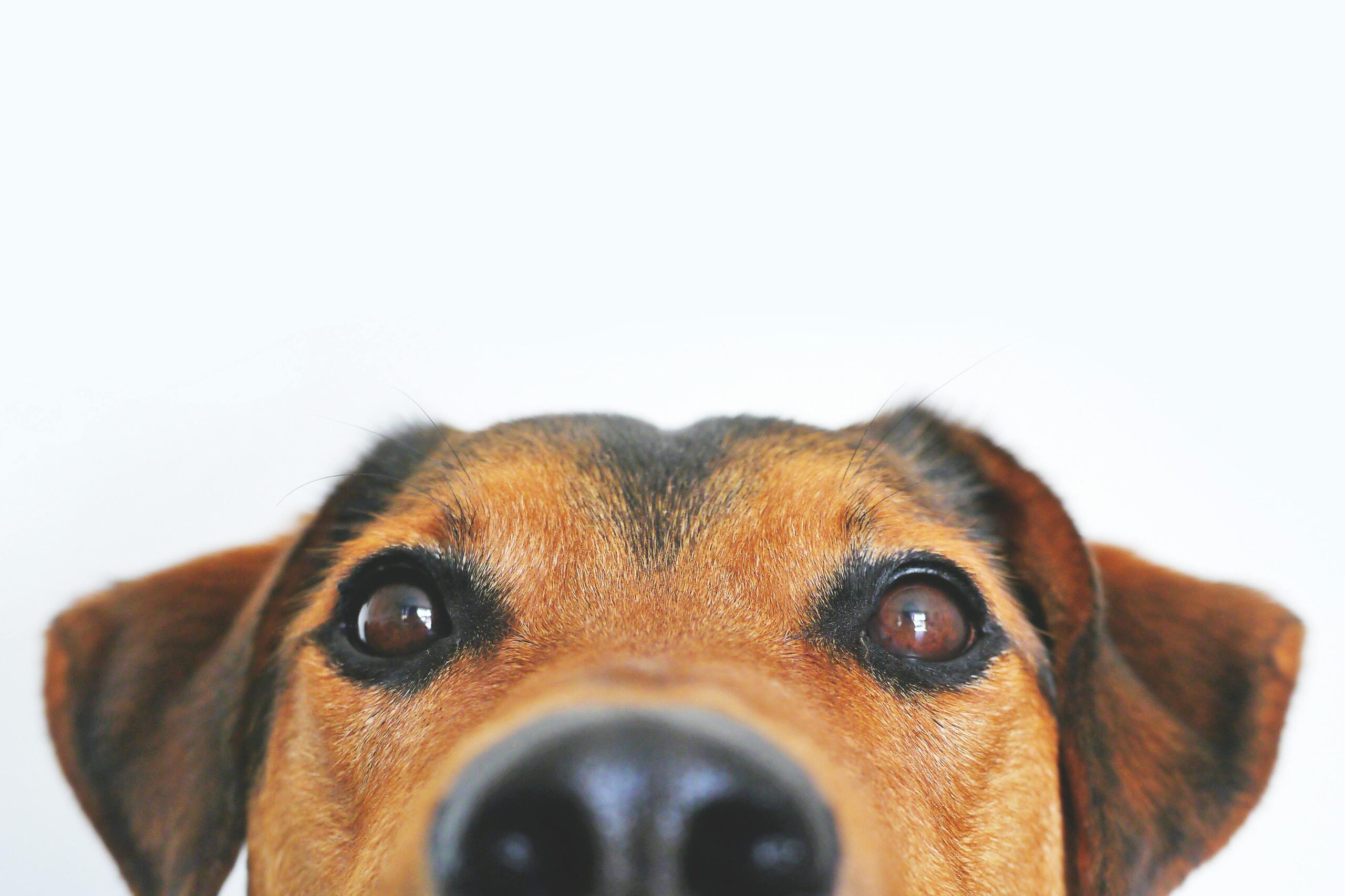In recent years, artificial intelligence (AI) has become a potent tool for generating images and other creative content. However, this technology is raising concerns over copyright infringement, particularly when it comes to using existing visual media as a basis for generating new works. A recent legal dispute between Getty Images and Stability AI highlights the challenges and complexities of this issue.
Getty vs. Stability AI: Clash Over Copyright
Getty Images is a well-known stock photo agency that licenses its vast collection of visual media to customers worldwide. In 2020, the company filed a lawsuit against Stability AI, a startup that uses machine learning algorithms to generate new images based on existing ones. Getty claimed that Stability AI was infringing on its copyrights by using its images as a basis for creating new works without permission.
Stability AI argued that its technology does not copy or modify Getty’s images directly, but instead uses them as a reference point to generate new images that are distinct from the originals. The company also claimed that its AI models were trained on publicly available images and not on Getty’s proprietary content. Despite these arguments, the court ruled in favor of Getty and ordered Stability AI to stop using its images.
Image Generation Sparks Legal Dispute
The legal dispute between Getty and Stability AI highlights the challenges of applying traditional copyright laws to AI-generated content. While copyright law protects the expression of ideas and not the ideas themselves, it can be difficult to determine where the line lies between inspiration and infringement when it comes to AI-generated works. Moreover, AI-generated works can be created quickly and on a massive scale, making it harder to monitor and enforce copyright protection.
As AI technology continues to advance, the issue of copyright infringement in image generation is likely to become more complex and contentious. While some argue that AI-generated works should be subject to the same copyright protections as human-generated ones, others believe that copyright law needs to be updated to reflect the unique nature of AI-generated content. Ultimately, finding a balance between protecting copyright holders and fostering innovation and creativity in AI will be a challenge for lawmakers and the broader tech industry.
The legal battle between Getty and Stability AI is just one example of the growing tension between copyright law and AI-generated content. While the case may be settled, the broader issue of how to protect intellectual property in the age of AI remains unresolved. As AI technology continues to evolve and become more prevalent, it will be crucial for lawmakers, businesses, and tech innovators to work together to find a balance between protecting copyrights and fostering innovation in this rapidly changing field.


Leave a Reply